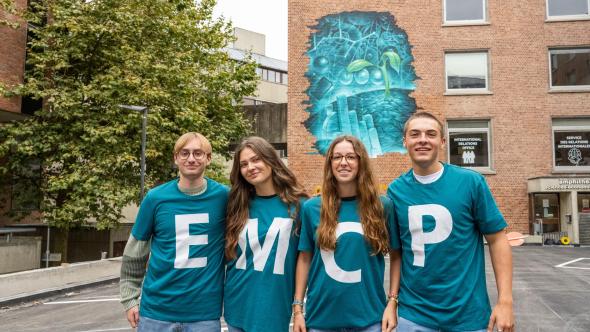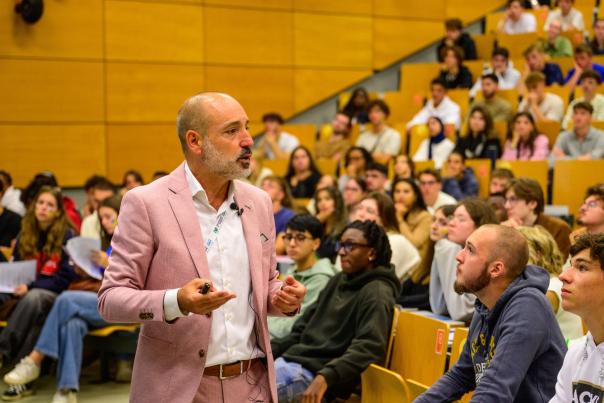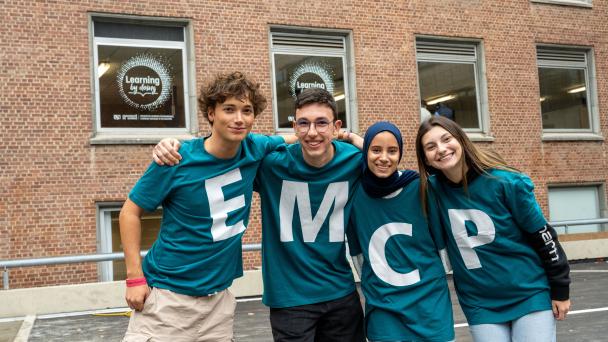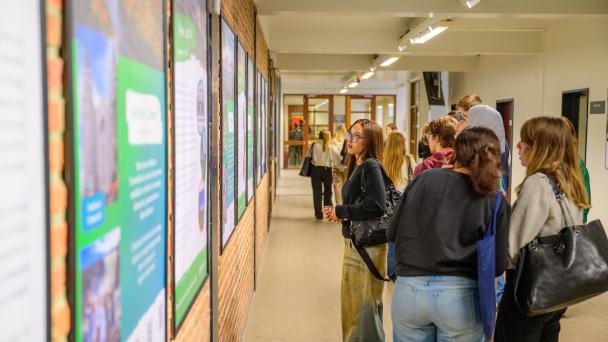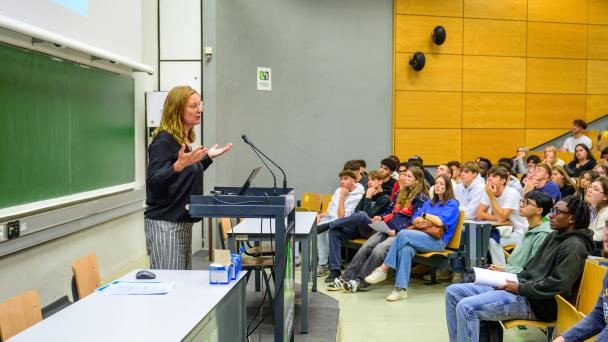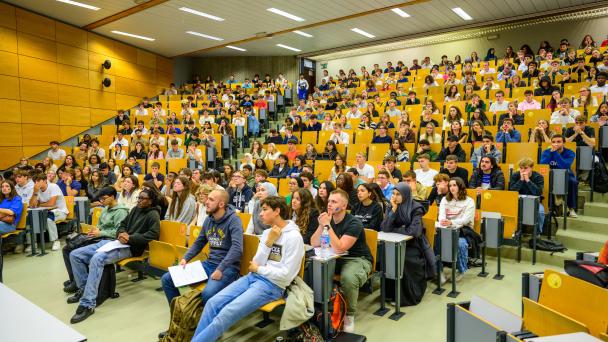From just a few dozen students and staff in its early days, the Faculty today boasts a close-knit community of over 1700 students and 250 staff members, teachers, researchers and administrative staff.
Four major teaching and research disciplines have marked the Faculty's development and over the years have become its pillars: economics and political and social sciences first, then management and communication.
Far from the usual silos, the Faculty makes it a point of honor for its chosen disciplines to collaborate, question and feed off each other in order to develop the skills of students and researchers so that together they can contribute to the challenges of a society in transition, whether economic, political, social, environmental or digital.
The Faculty's three missions are:
- To train students and researchers for their future role as experts and responsible decision-makers through scientifically rigorous, hands-on teaching, developing their critical thinking and openness to the world,
- To ensure ambitious, high-quality research in its areas of expertise, aiming for international scientific impact, open to interdisciplinarity, which feeds teaching, innovation and social and societal debates,
- To be a responsible player in the development of our society on the economic, social, environmental and political levels, by sharing knowledge, advising and assisting in decision-making both regionally, nationally and internationally.
It is therefore only natural that the FSESG should become the Faculty EMCP, a name now incorporating communication and political sciences and reflecting the importance they have acquired in recent years. Four disciplines united to prepare students and researchers in a transdisciplinary way for the challenges of tomorrow.
"EMCP is therefore more than just a name change. It embodies a vision," emphasizes Pietro Zidda, Dean of the EMCP Faculty.
